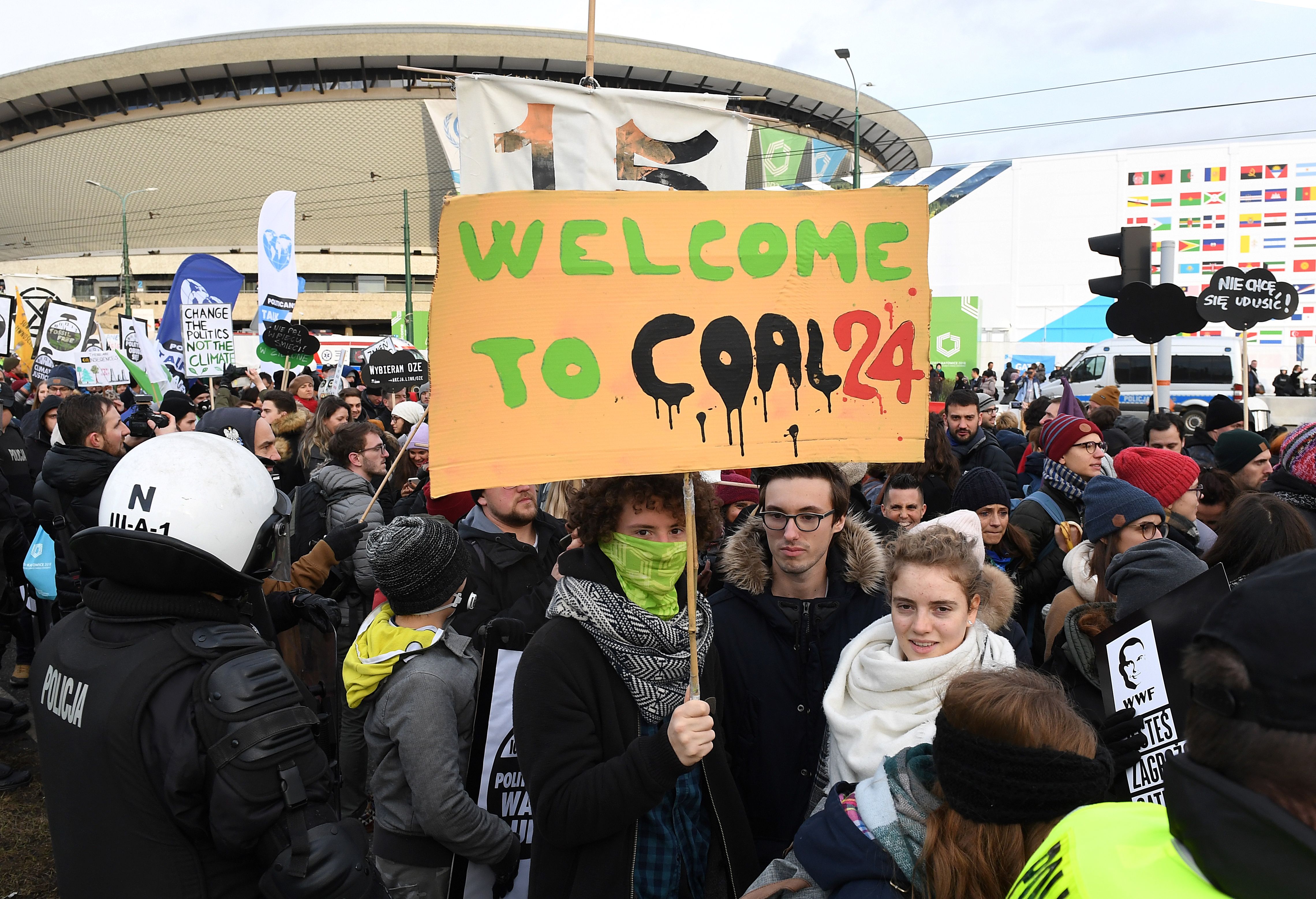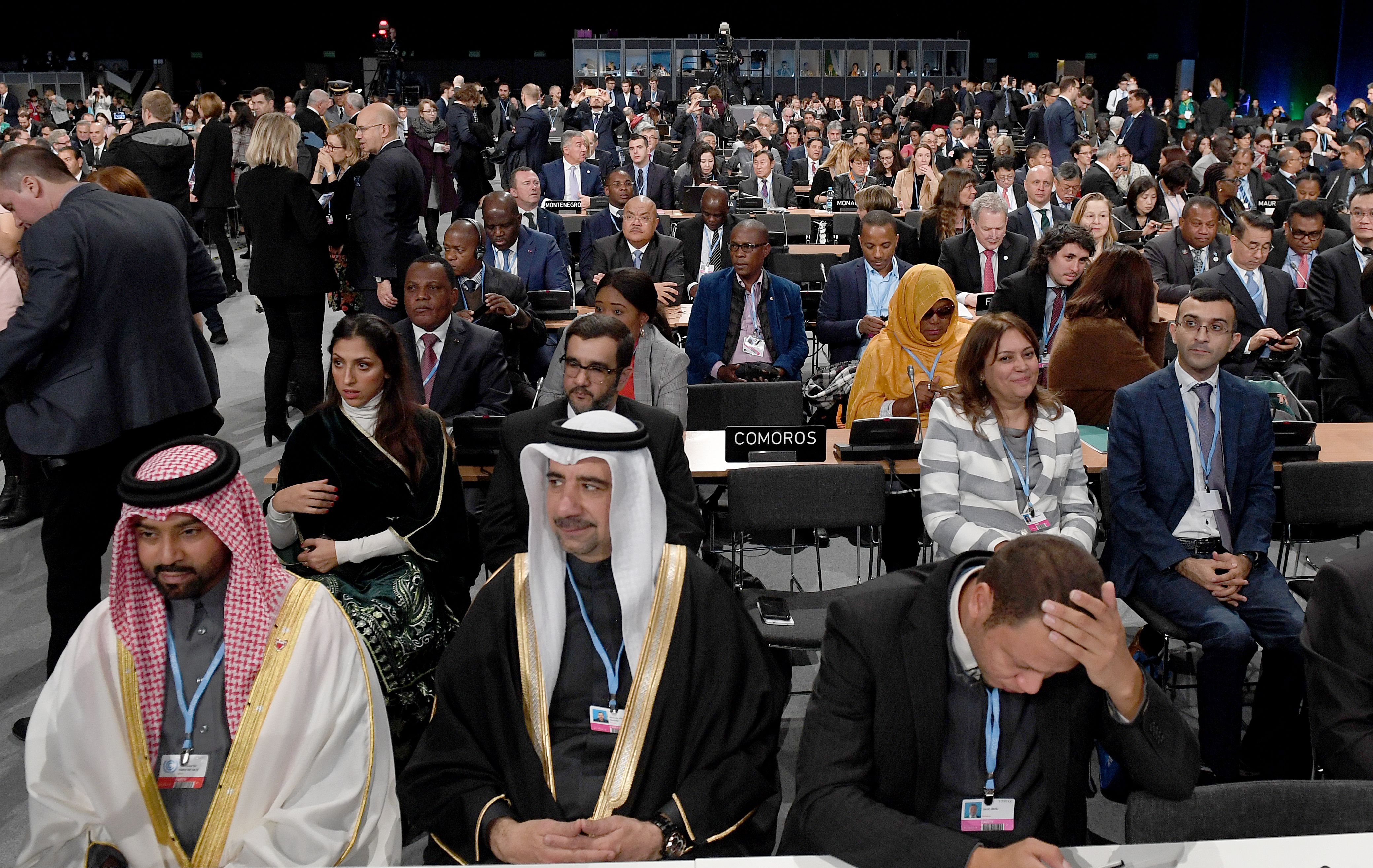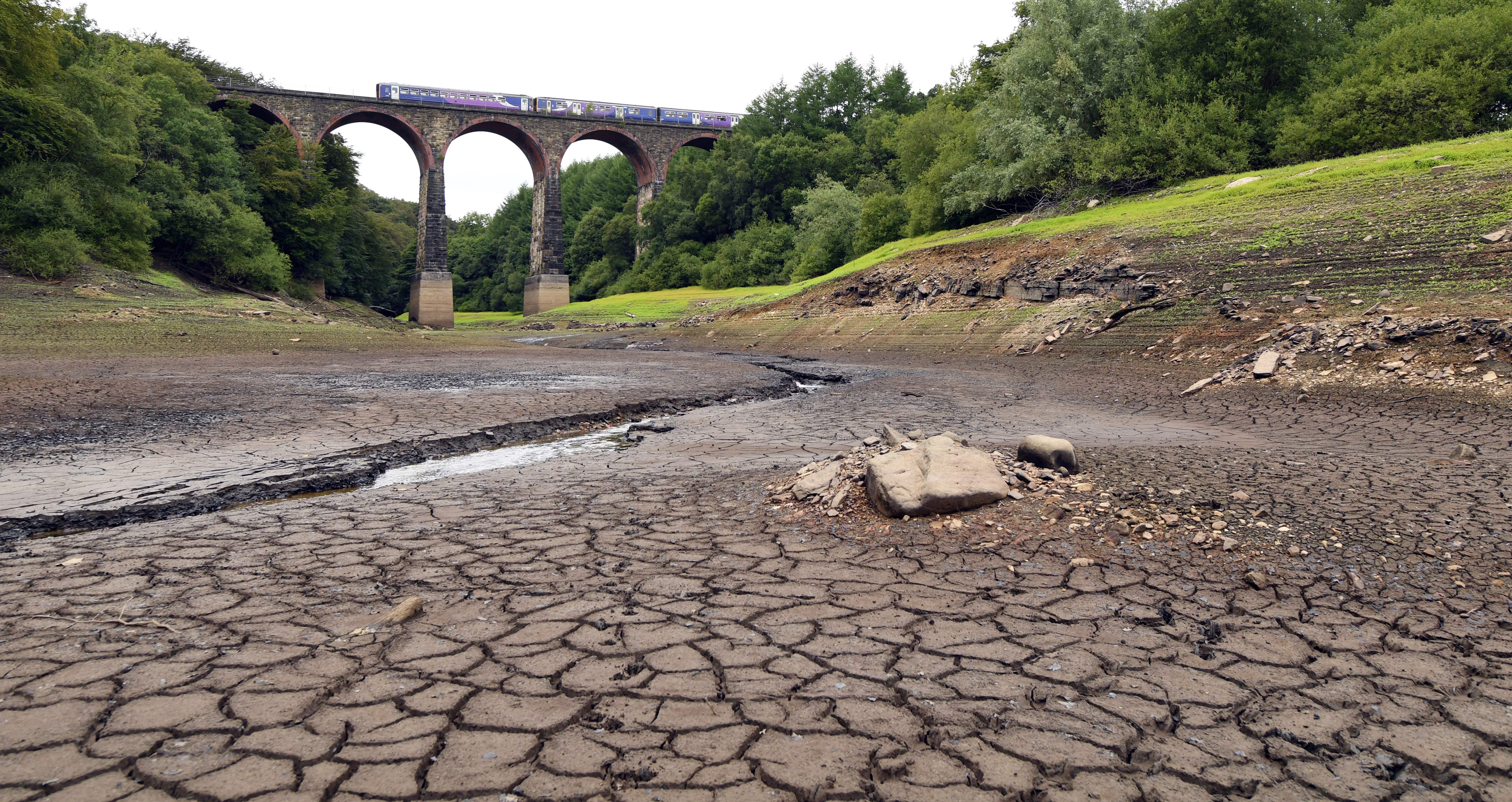On Saturday, there was deadlock at COP when the United States, Saudi Arabia, Russia and Kuwait objected to a proposal to “welcome” a major climate change report that was released in October.
The report by the UN Intergovernmental Panel on Climate Change states there must be substantial efforts before 2030 to limit warming to 1.5 degrees Celsius to prevent drastic consequences.
The US, Saudi Arabia, Russia and Kuwait -- all major fossil fuel producers – said they would “note” the scientific conclusions, rather than welcome them.
It might seem like a small difference, but many countries felt that “welcoming” the report would be an important signal that its findings would be addressed.
A US state department spokesman said:
“The United States was willing to note the report and express appreciation to the scientists who developed it, but not to welcome it, as that would denote endorsement of the report. As we have made clear in the IPCC and other bodies, the United States has not endorsed the findings of the report.”
CNN's Nick Paton Walsh reports live from COP24:



